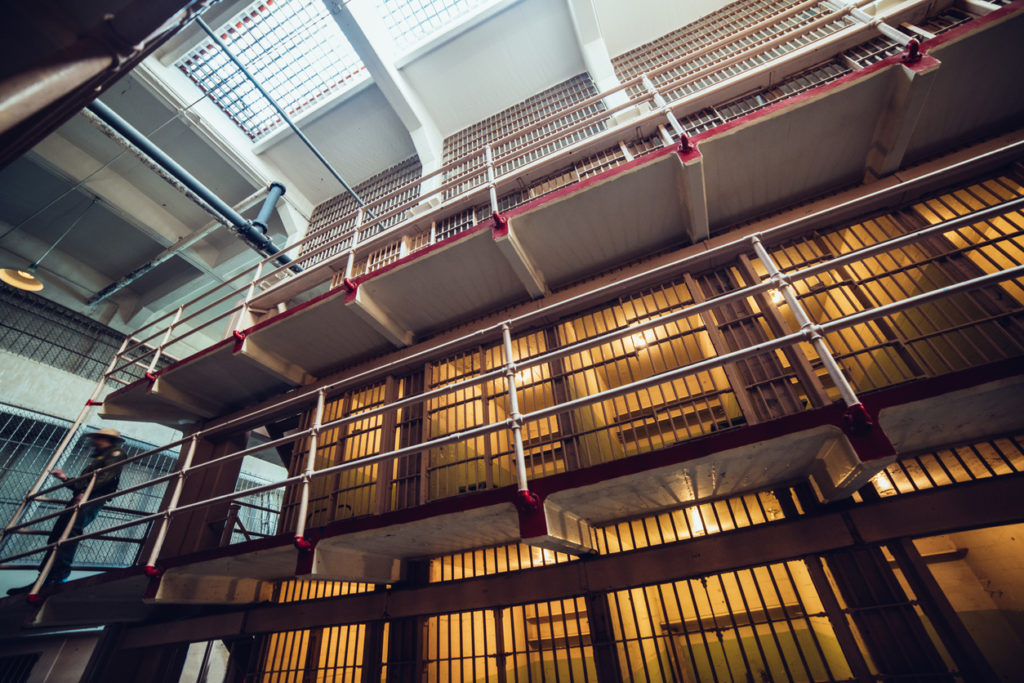How Serious is the Crisis of Overcrowding Texas Jails?-Pt.8

In seeking to find ways to reduce jail overcrowding in Texas, the Texas Criminal Justice Coalition’s (TCJC’s) recommendations regarding cite-and-summons offenses include making such offenses non-jailable. In other words, no one would ever be jailed for these offenses, not even if convicted. They would only have to pay a fine and/or provide some other type of remuneration, including possibly community service.
An example of the type of offense this encompasses is possession of 2 oz or less of marijuana. This is a Class B misdemeanor. TCJC recommends that policymakers consider reclassifying the penalty. For instance, a Class B misdemeanor should apply only to individuals caught in possession of more than 1 ounce but less than 2 ounces of marijuana. Then a Class C fine-only misdemeanor should apply only to those in possession of less than 1 ounce of marijuana.
Fine-only offenses reduce the burden on prosecutors and on county courts while eliminating the costly and long-term collateral consequences associated with jail time. Furthermore, they save many thousands of dollars in defense and incarceration costs because Class C misdemeanants are not eligible for county-funded indigent defense.
Another benefit of this penalty reduction policy is that there is an increased likelihood that individuals will make financial restitution to crime victims. Individuals are better able to afford and pay restitution if they stay in the community where they can maintain employment obligations.
See Part 1, Part 2, Part 3, Part 4, Part 5, Part 6, and Part 7 of this continuing series.
Inmates who are now or have previously been incarcerated in municipal and county jails in Texas can find helpful information on this website. There is no intention on this site of accusing institutions or individuals of wrongdoing.
–Guest Contributor
